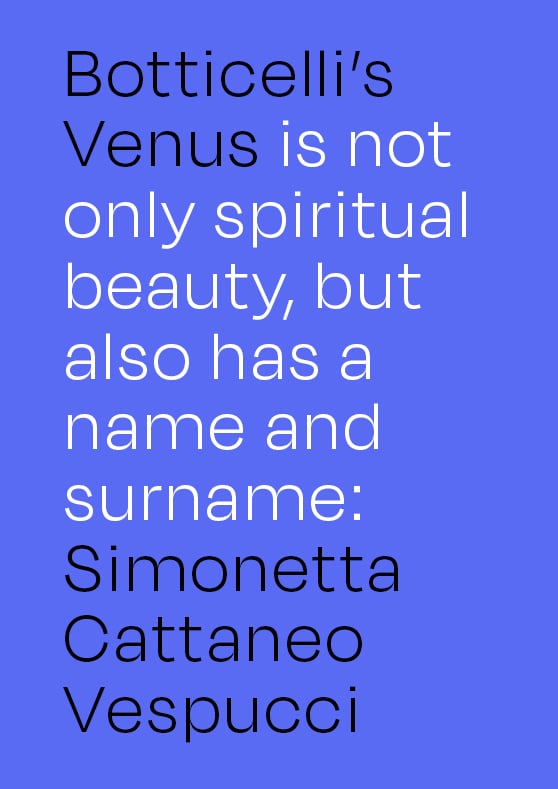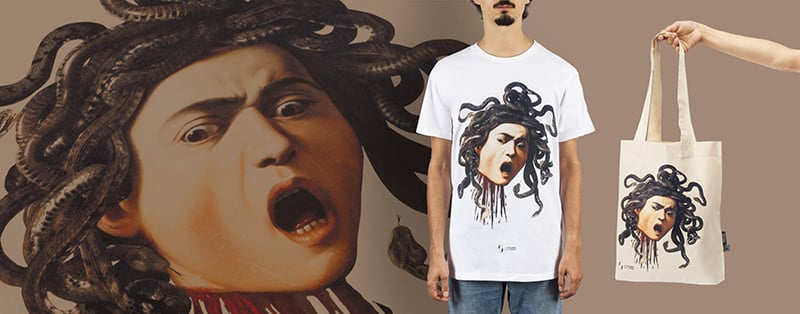Our articles
Featured
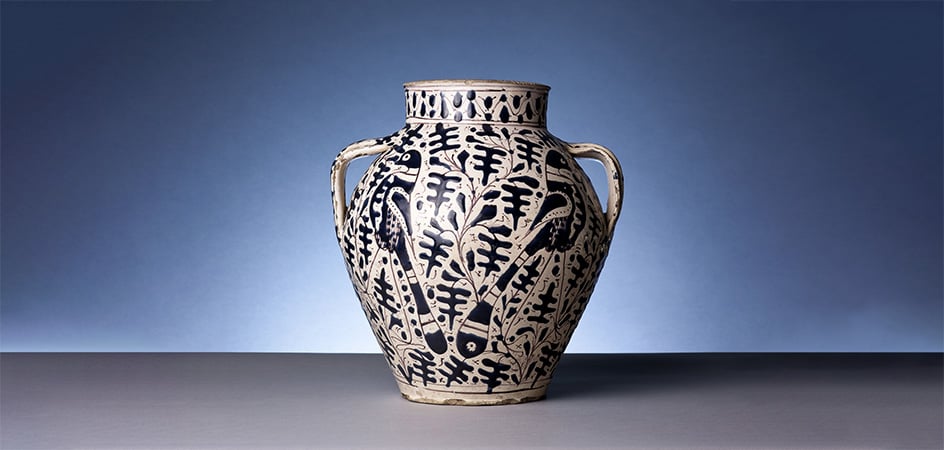
Italian Maiolica in the Renaissance: a triumph of styles, colours and forms
Human beings have always shaped the earth: clay, water, air and fire are the ingredients of an age-old tradition born for practical purposes but soon enriched by aesthetic intentions. Since antiquity, vases and other containers have been decorated with ornamental motifs, mythological stories, allegories and graphic elements reflecting the tastes of their time. On occasion, they even become symbols of an era, as happens during the Renaissance, when Italian maiolica is no longer associated merely with tableware but becomes a true collector’s item. Throughout the sixteenth century, the art of tin-glazed pottery evolved in its techniques, forms and style, giving rise to astonishing creations—remarkable in their beauty, variety and craftsmanship—that still captivate viewers today.
BeCulture facilitates and accompanies travellers, art enthusiasts and the curious in visiting cities, museums and cultural institutions.
NEWSLETTER
Designed as a space for travelers and art and culture enthusiasts, BeCulture accompanies visitors before, during and after the visit.
In-depth information and thematic itineraries, tickets and our wide selection of books, official guides and certified and sustainable merchandise.
Latest articles
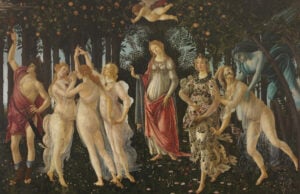
What is BeCulture?
BeCulture is the platform dedicated to culture, created to accompany and facilitate travellers, art enthusiasts and the curious in visiting cities, museums and cultural institutions. Through in-depth information and thematic routes, you can create a customised visit built around your interests. A unique and secure purchase that includes tickets, publishing and official and certified merchandise. AVOID THE
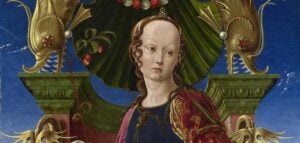
Cosmè Tura and the Ferrarese Renaissance: a new language at the Este court
He was the master of the Ferrarese Renaissance, yet his memory was lost for centuries, and even today we know very little about him and his training. Cosmè Tura – a multifaceted artist at the Este court during the second half of the fifteenth century – managed to blend the courtly taste of Gothic art with the innovations of Tuscan painting, creating a personal and distinctive style that would become a model for others to follow.
Let us retrace the life of this major figure of Italian art through some of his most celebrated masterpieces.
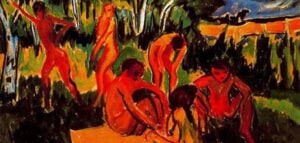
Art breaks away from the past. A century of revolution with the historical Avant-garde movements
It is well known that artists are often able to detect and interpret a shared feeling before it becomes widely recognised. This is precisely what happened with the Avant-garde movements of the 20th century: a succession of cultural movements which, in the early years of the century, gave voice to a widespread and stirring unease, irreversibly shaping the course of art and history.

Madness in art from the Middle Ages to the Renaissance: symbols and revelations
Madness, with its medical, physiological and social implications, is one of the most complex subjects to define. Broadly understood as a deviation from what is considered “normal” (another concept that is equally wide-ranging and uncertain), it has long attracted the attention of intellectuals, scientists and artists. The latter, in particular, have portrayed it through different forms and approaches, which vary according to the period and the sensitivity of each artist.
Precisely because the manifestations of madness are manifold – and the interpretations just as numerous – this article focuses on some of the most well-known and still meaningful examples today, dating from the period between the Middle Ages and the Renaissance.
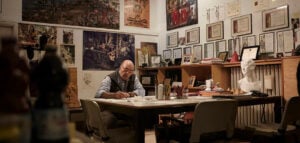
Dante Ferretti, the architect of dreams between cinema, set design and Fellinian visions
A curious recurrence happily marks Italian culture: the presence of at least two Dantes among the most significant figures of its past and present. The Divine Poet, author of the celebrated Commedia; and Dante Ferretti, an award-winning set and costume designer who has worked alongside directors such as Pier Paolo Pasolini, Federico Fellini, Terry Gilliam and Martin Scorsese. Let’s retrace the key moments of his career and revisit, as if in an art-house screening, some of the most iconic titles signed by this “living legend” of world cinema.

Discovering Verona: what to see among art, history, and museums
Verona is not just the Arena and Juliet’s House: behind its most iconic landmarks lies a city capable of charming visitors in countless other ways. Strolling through its cobbled streets and lesser-known corners, you’ll encounter places rich in history and fascination —unmissable stops for any first-time visitor. Let’s explore some of its most remarkable attractions, masterpieces of art, architectural treasures, and unique atmospheres.
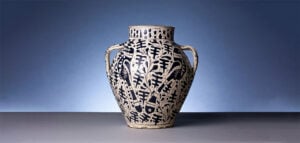
Italian Maiolica in the Renaissance: a triumph of styles, colours and forms
Human beings have always shaped the earth: clay, water, air and fire are the ingredients of an age-old tradition born for practical purposes but soon enriched by aesthetic intentions. Since antiquity, vases and other containers have been decorated with ornamental motifs, mythological stories, allegories and graphic elements reflecting the tastes of their time. On occasion, they even become symbols of an era, as happens during the Renaissance, when Italian maiolica is no longer associated merely with tableware but becomes a true collector’s item. Throughout the sixteenth century, the art of tin-glazed pottery evolved in its techniques, forms and style, giving rise to astonishing creations—remarkable in their beauty, variety and craftsmanship—that still captivate viewers today.

Cosmè Tura and the Ferrarese Renaissance: a new language at the Este court
He was the master of the Ferrarese Renaissance, yet his memory was lost for centuries, and even today we know very little about him and his training. Cosmè Tura – a multifaceted artist at the Este court during the second half of the fifteenth century – managed to blend the courtly taste of Gothic art with the innovations of Tuscan painting, creating a personal and distinctive style that would become a model for others to follow.
Let us retrace the life of this major figure of Italian art through some of his most celebrated masterpieces.

Art breaks away from the past. A century of revolution with the historical Avant-garde movements
It is well known that artists are often able to detect and interpret a shared feeling before it becomes widely recognised. This is precisely what happened with the Avant-garde movements of the 20th century: a succession of cultural movements which, in the early years of the century, gave voice to a widespread and stirring unease, irreversibly shaping the course of art and history.

Madness in art from the Middle Ages to the Renaissance: symbols and revelations
Madness, with its medical, physiological and social implications, is one of the most complex subjects to define. Broadly understood as a deviation from what is considered “normal” (another concept that is equally wide-ranging and uncertain), it has long attracted the attention of intellectuals, scientists and artists. The latter, in particular, have portrayed it through different forms and approaches, which vary according to the period and the sensitivity of each artist.
Precisely because the manifestations of madness are manifold – and the interpretations just as numerous – this article focuses on some of the most well-known and still meaningful examples today, dating from the period between the Middle Ages and the Renaissance.

Dante Ferretti, the architect of dreams between cinema, set design and Fellinian visions
A curious recurrence happily marks Italian culture: the presence of at least two Dantes among the most significant figures of its past and present. The Divine Poet, author of the celebrated Commedia; and Dante Ferretti, an award-winning set and costume designer who has worked alongside directors such as Pier Paolo Pasolini, Federico Fellini, Terry Gilliam and Martin Scorsese. Let’s retrace the key moments of his career and revisit, as if in an art-house screening, some of the most iconic titles signed by this “living legend” of world cinema.

Discovering Verona: what to see among art, history, and museums
Verona is not just the Arena and Juliet’s House: behind its most iconic landmarks lies a city capable of charming visitors in countless other ways. Strolling through its cobbled streets and lesser-known corners, you’ll encounter places rich in history and fascination —unmissable stops for any first-time visitor. Let’s explore some of its most remarkable attractions, masterpieces of art, architectural treasures, and unique atmospheres.


